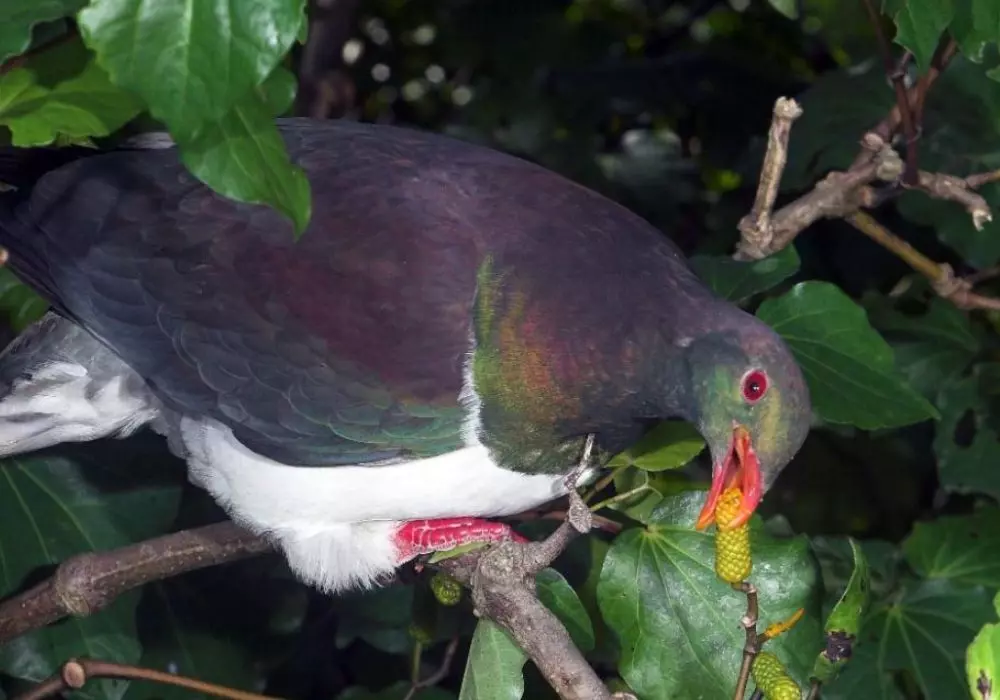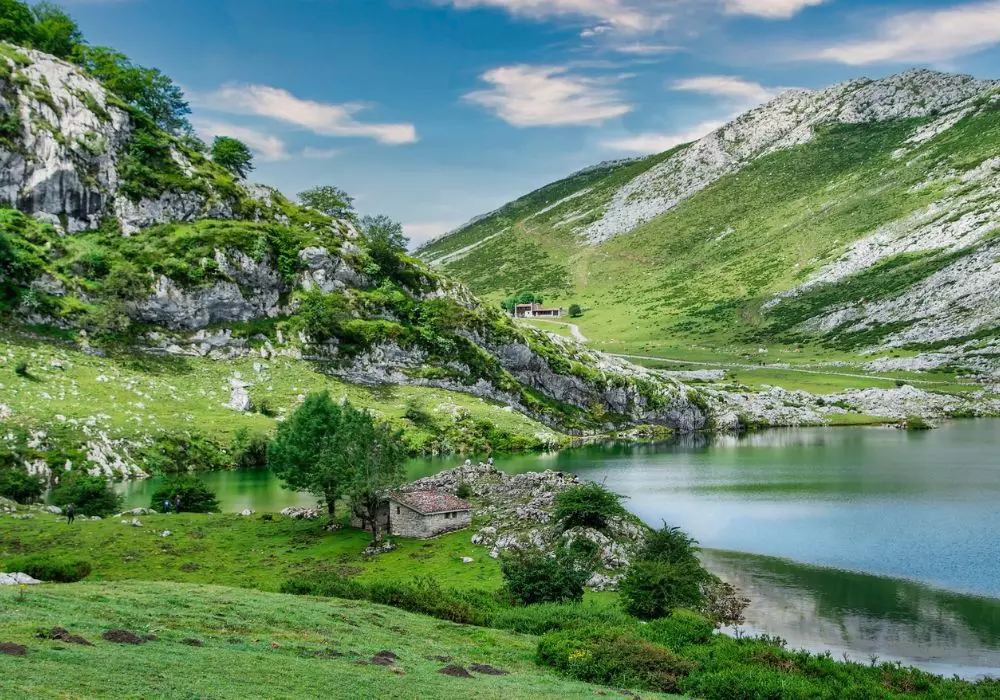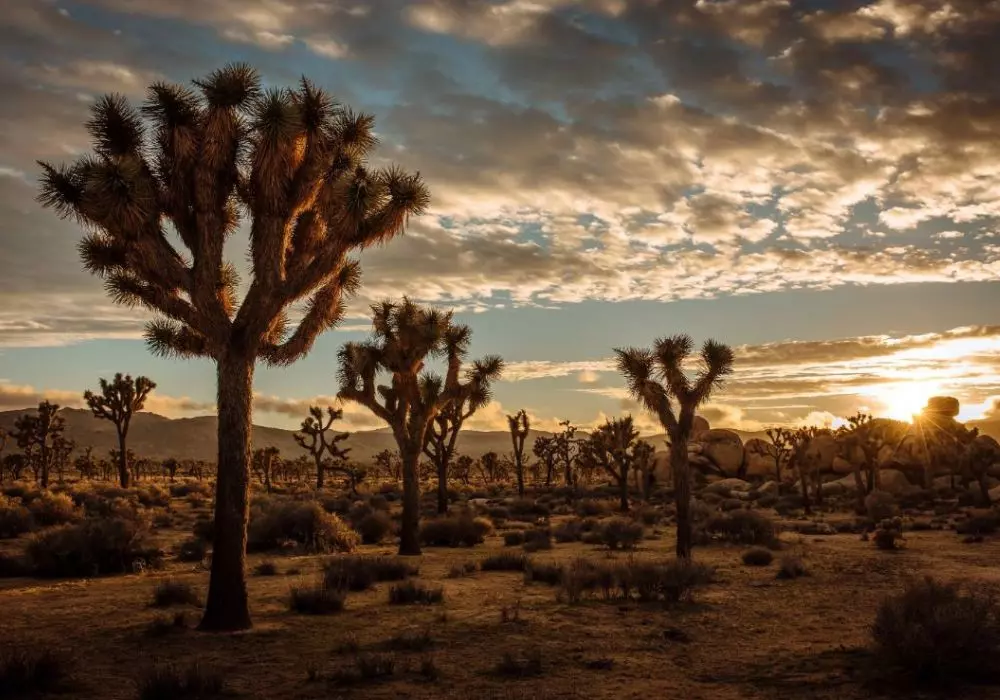Birds are often seen as beautiful, feathered creatures gracing our skies, singing songs that add a natural soundtrack to our lives.
However, their role in local ecosystems goes far beyond their aesthetic and auditory appeal.
They are integral to the health and balance of the environments they inhabit.
Understanding their significance is essential, not just for nature enthusiasts but for everyone who values a healthy planet.
This blog will explore the critical role birds play in ecosystems and explain “Why Birdwatching Matters” as more than just a hobby, but as a vital activity that supports conservation and ecological health.
The Importance of Birdwatching
| Aspect of Birdwatching | Importance | Impact |
|---|---|---|
| Connection to Nature | Helps individuals connect with the natural world, fostering appreciation and conservation efforts. | Encourages environmental stewardship and protection of habitats. |
| Citizen Science | Birdwatchers contribute valuable data to scientific research, helping track bird populations and environmental changes. | Supports conservation strategies and understanding of climate change impacts. |
| Conservation Awareness | Raises awareness about environmental issues such as habitat loss and climate change. | Drives advocacy and support for conservation initiatives. |
| Economic Impact | Birdwatching contributes to local economies through ecotourism. | Encourages communities to protect bird habitats and invest in sustainable development. |
The Ecological Importance of Birds
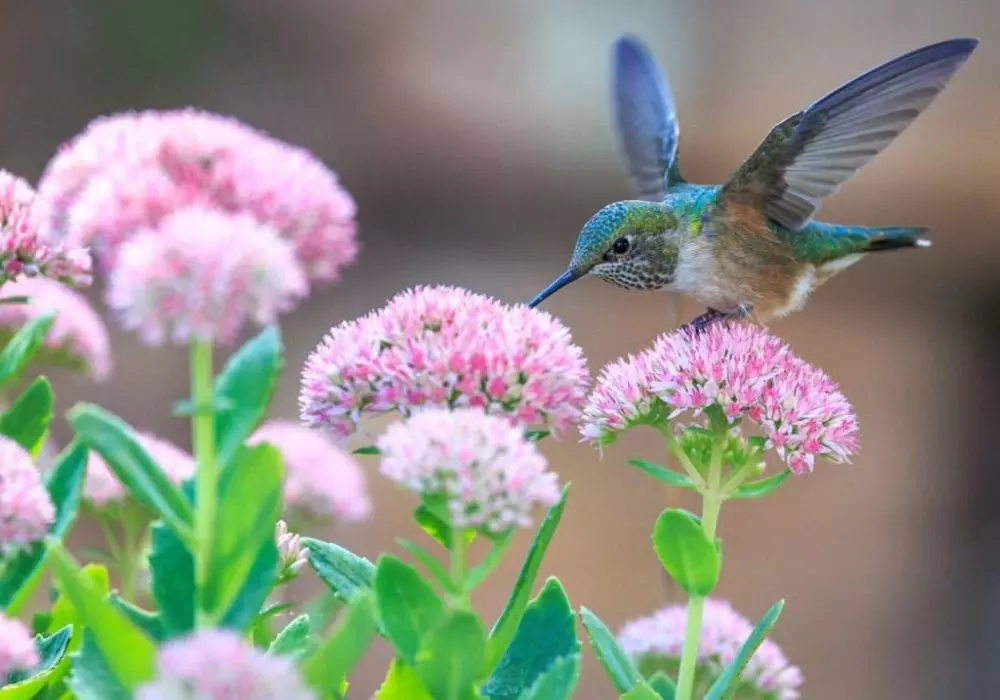

Birds play a crucial role in maintaining the balance of ecosystems, making their presence vital to the health of the environment.
They serve as pollinators, seed dispersers, and pest controllers, contributing to the regeneration and growth of plants and maintaining agricultural health.
Birds like hawks and owls help regulate populations of small mammals, while insectivorous species keep insect numbers in check, reducing the need for chemical pesticides.
The ecological importance of birds is a key reason “Why Birdwatching Matters,” as it helps ensure that these essential creatures continue to thrive and support healthy ecosystems.
The Ecological Roles of Birds
| Ecological Role | Description | Examples of Bird Species | Impact on Ecosystem |
|---|---|---|---|
| Pollination | Birds transfer pollen from one flower to another, facilitating plant reproduction. | Hummingbirds, Sunbirds | Supports plant growth, contributing to food chains. |
| Seed Dispersal | Birds disperse seeds by eating fruits and excreting the seeds in different locations. | Pigeons, Thrushes | Promotes biodiversity and forest regeneration. |
| Pest Control | Birds consume insects, keeping pest populations in check. | Sparrows, Woodpeckers | Reduces the need for chemical pesticides, supporting healthy ecosystems. |
| Scavenging | Birds clean up dead animals, preventing the spread of diseases. | Vultures, Crows | Recycles nutrients back into the ecosystem. |
Pollination
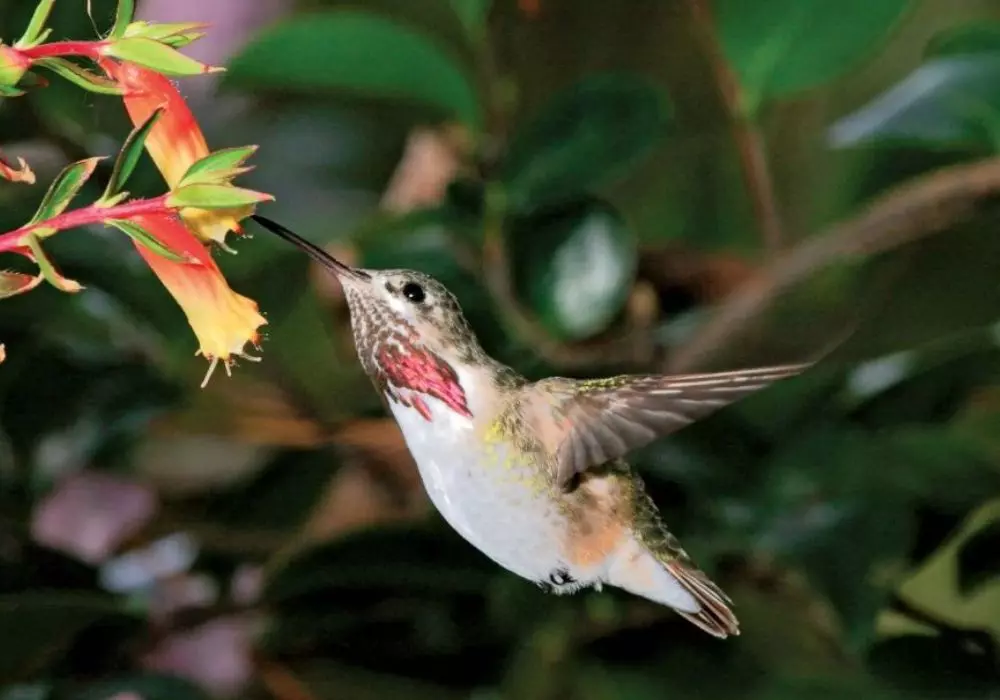

Many birds, particularly hummingbirds, honeyeaters, and sunbirds, are essential pollinators.
They transfer pollen from one flower to another as they feed on nectar, facilitating the reproduction of plants.
This process is vital for the growth of fruits, vegetables, and other plants that form the basis of many food chains.
Without birds, many of these plants would struggle to reproduce, which could lead to a decline in the availability of food sources for other animals, including humans.
Seed Dispersal
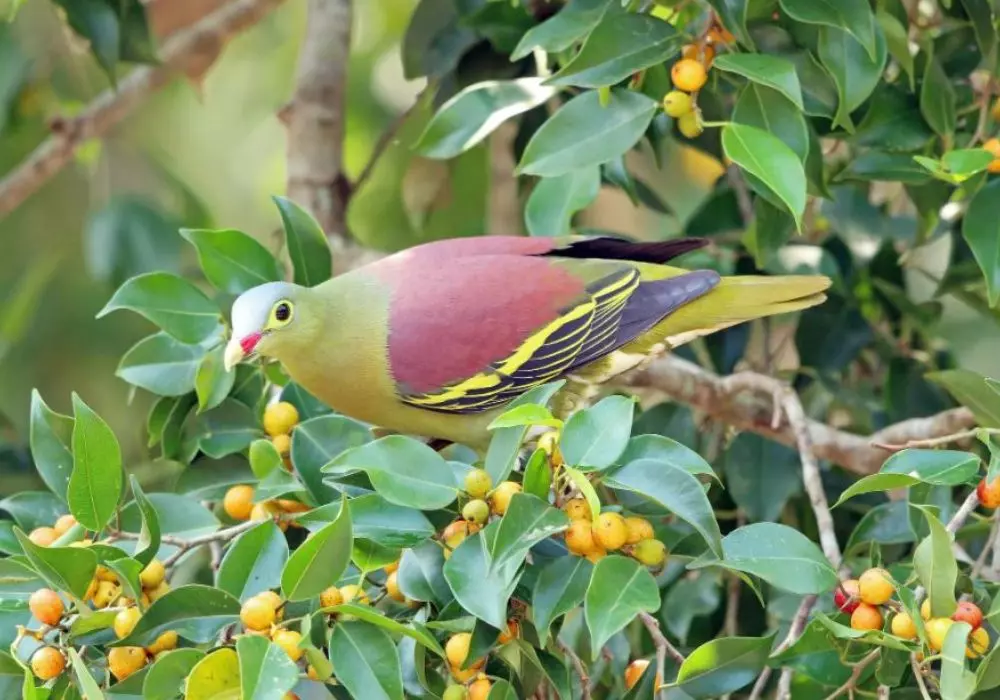

Birds such as pigeons, doves, and thrushes play a significant role in seed dispersal.
As they eat fruits, they often ingest seeds, which are later excreted in different locations.
This natural dispersal mechanism helps plants to colonize new areas, promoting biodiversity and forest regeneration.
The absence of birds could lead to a decline in plant diversity, which in turn could affect the animals that rely on these plants for food and shelter.
Pest Control
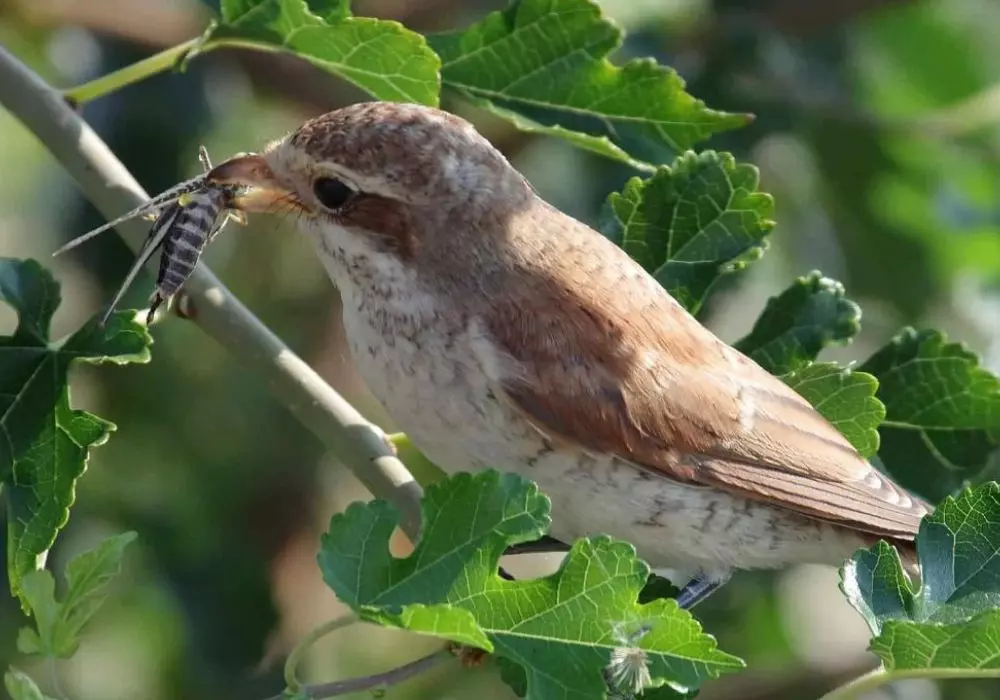

Birds are natural pest controllers, playing a significant role in regulating the population of insects and small animals that could otherwise become pests.
Species like swallows, sparrows, and chickadees feed on vast numbers of insects, including mosquitoes, aphids, and caterpillars, which can be detrimental to crops and human health.
Raptors, such as owls and hawks, help manage populations of rodents and other small mammals that can damage crops and spread disease.
The natural pest control services provided by birds highlight another reason “Why Birdwatching Matters”—by monitoring bird populations, we can better understand and maintain the balance within ecosystems, reducing the need for harmful chemical pest controls.
Scavenging
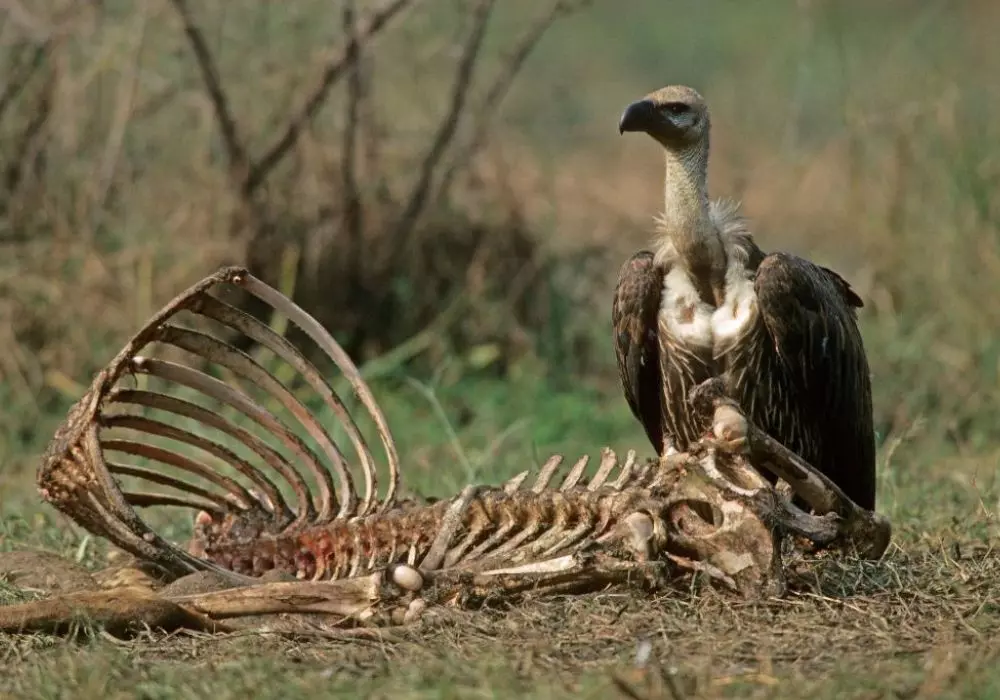

Vultures and other scavenging birds perform the critical role of cleaning up dead animals, which helps to prevent the spread of diseases.
By consuming carcasses, these birds also recycle nutrients back into the ecosystem, supporting the growth of plants and other organisms.
The decline of scavenger species can lead to an increase in rotting carcasses, which can attract other pests and lead to the spread of diseases.
Why Birdwatching Matters
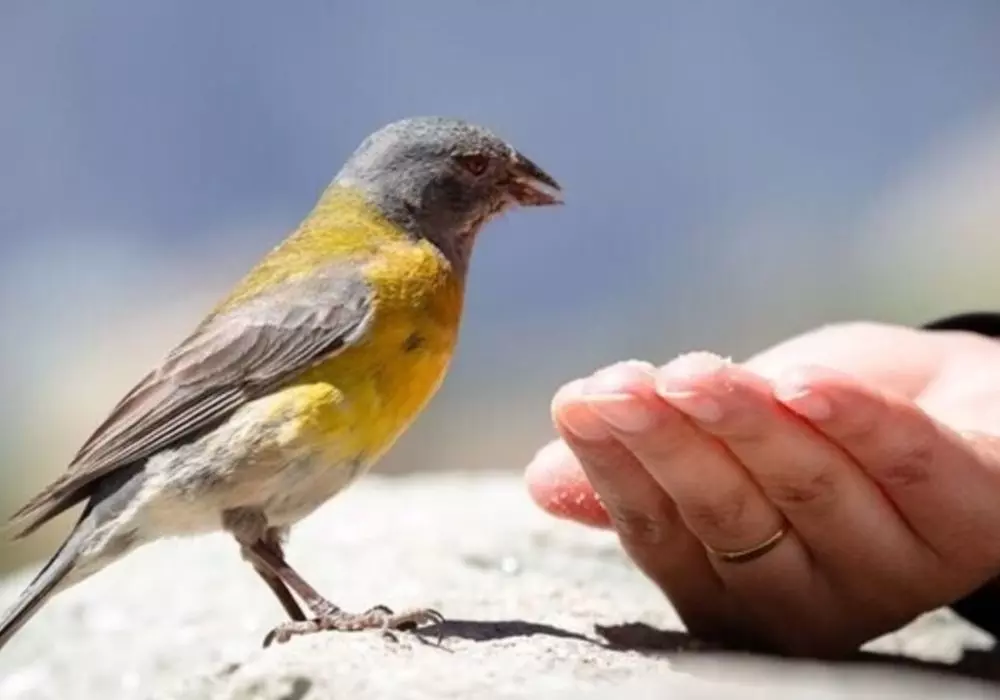

Birdwatching goes beyond just being a relaxing hobby; it plays a crucial role in conservation and environmental awareness.
By observing birds, enthusiasts contribute to citizen science projects, providing valuable data on bird populations, migration patterns, and environmental changes.
This data helps scientists track the health of ecosystems and informs conservation strategies to protect not only birds but also the habitats they depend on.
Moreover, birdwatching fosters a deep connection with nature.
It encourages people to spend time outdoors, appreciate biodiversity, and understand the intricate relationships within ecosystems.
This connection often translates into advocacy, where birdwatchers become vocal supporters of conservation efforts, ensuring that natural habitats are preserved for future generations.
In addition, birdwatching has significant economic benefits.
It supports local economies through eco-tourism, as birdwatchers travel to various locations to observe different species.
This influx of tourists can lead to the preservation of natural areas, as communities recognize the economic value of maintaining bird habitats.
Ultimately, “Why Birdwatching Matters” is a question that touches on environmental, social, and economic aspects.
It’s not just about enjoying the sight of a bird in flight; it’s about understanding the broader implications of that moment and how it connects us all to the natural world.
Connection to Nature
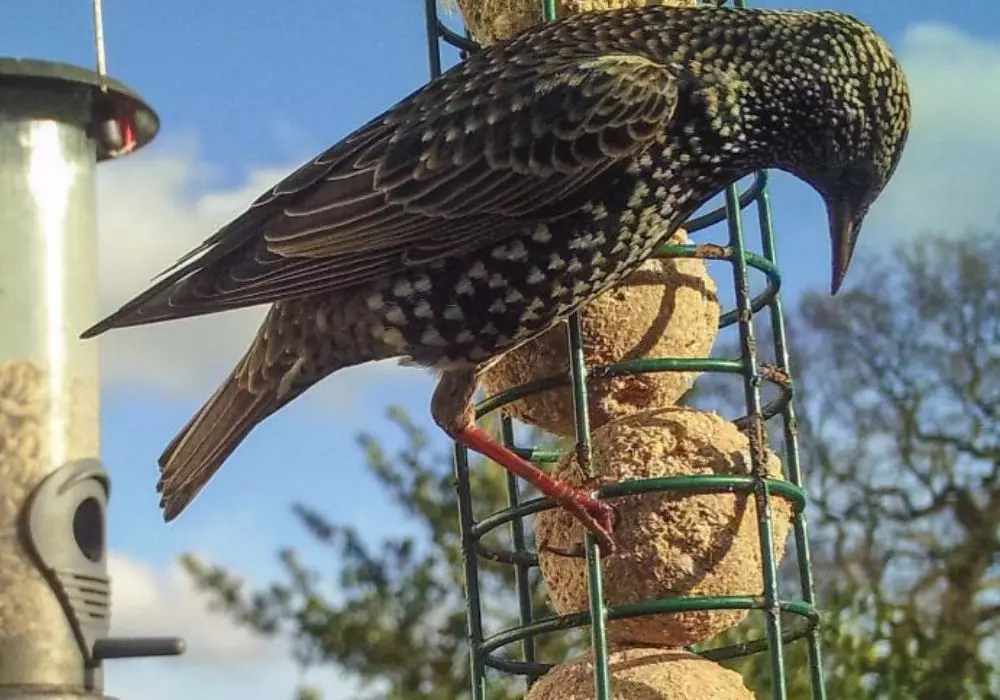

One of the most compelling reasons “Why Birdwatching Matters” is its ability to connect people to nature.
In an increasingly urbanized world, many people are becoming disconnected from the natural world.
Birdwatching provides an accessible way for individuals to engage with the environment, fostering a greater appreciation for the natural world.
This connection can inspire conservation efforts and encourage people to protect the habitats that birds and other wildlife depend on.
Citizen Science
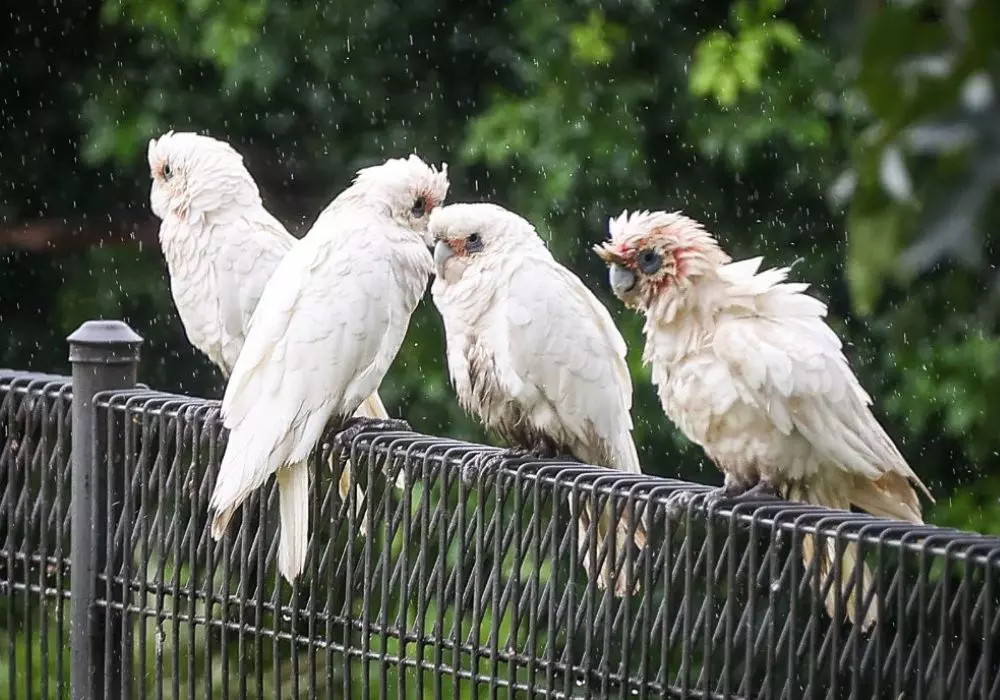

Birdwatchers often contribute to citizen science projects by recording their observations.
These contributions provide valuable data that scientists can use to monitor bird populations, track migration patterns, and assess the impacts of environmental changes.
For example, the data collected by birdwatchers during events like the annual Christmas Bird Count has been used to identify trends in bird populations, leading to important conservation actions.
Conservation Awareness
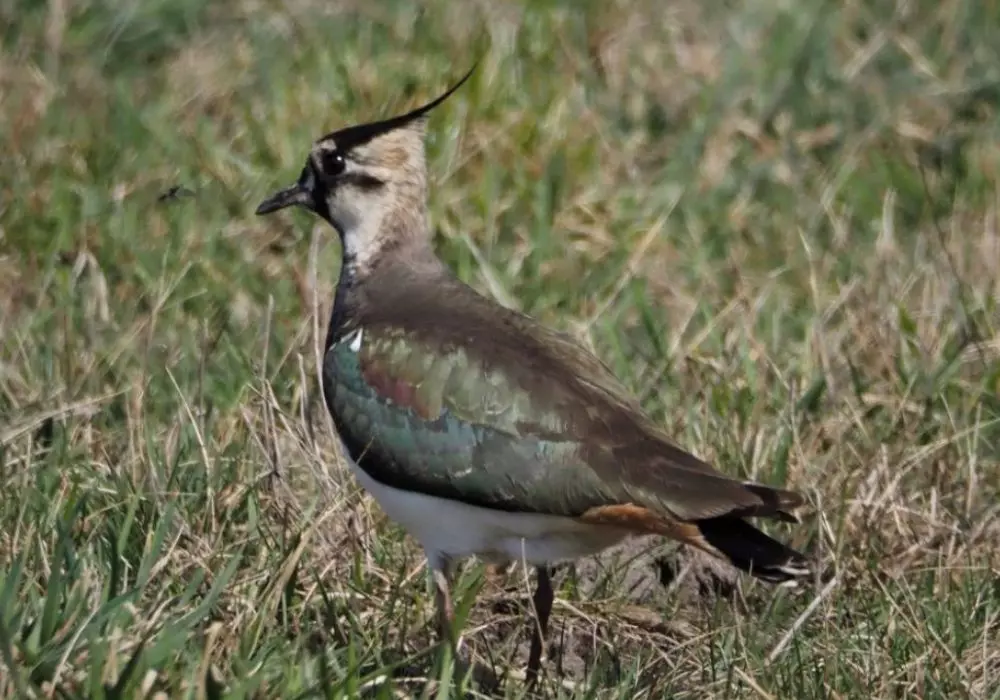

Birdwatching also plays a crucial role in raising awareness about conservation issues.
As birdwatchers spend time in natural habitats, they become more aware of the threats facing these environments, such as habitat loss, pollution, and climate change.
This awareness can lead to advocacy and support for conservation initiatives. Birdwatchers are often among the most vocal advocates for protecting natural areas and preserving biodiversity.
Economic Impact
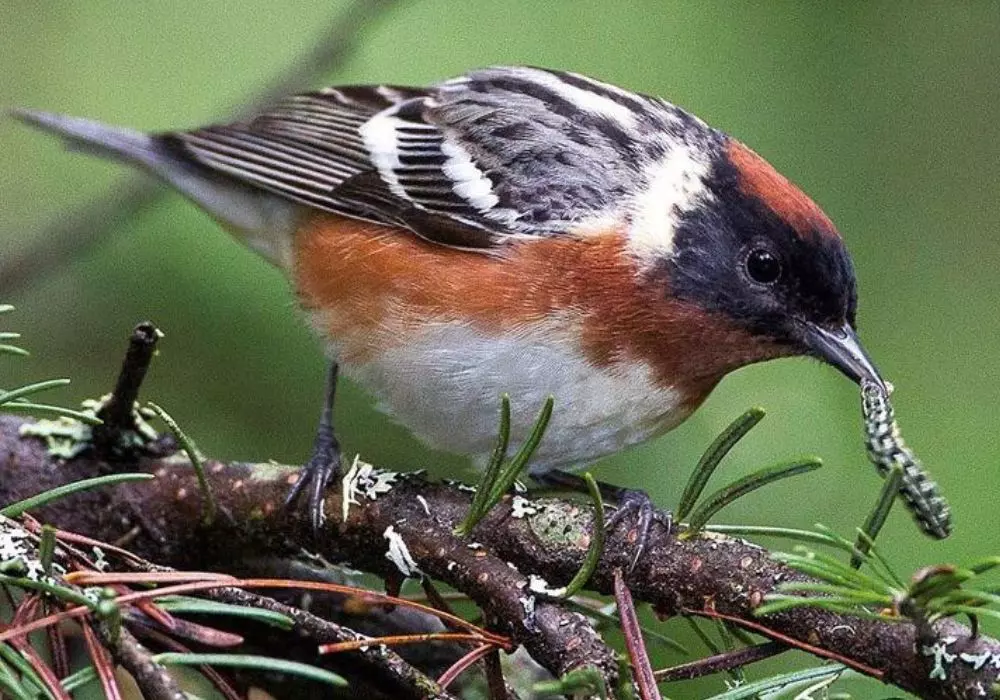

Birdwatching has a significant economic impact, particularly in areas that rely on ecotourism.
Many communities benefit from the influx of birdwatchers, who contribute to the local economy by spending money on accommodations, food, and equipment.
This economic incentive can encourage communities to protect bird habitats and invest in conservation efforts.
In this way, birdwatching can be a driving force behind sustainable development.
Birdwatching and Climate Change
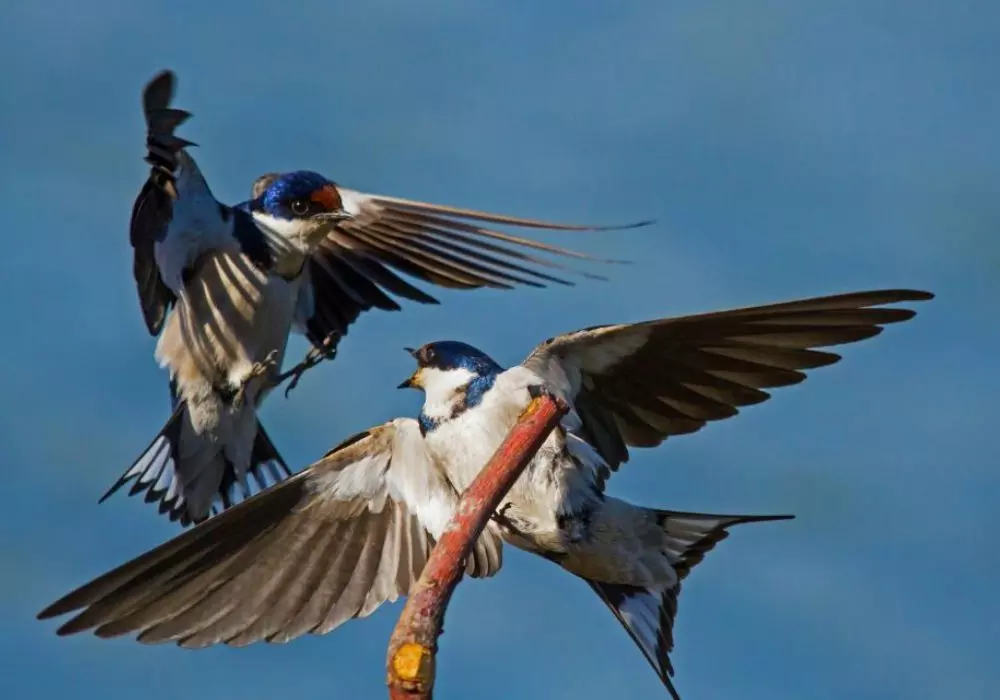

Climate change is one of the most significant challenges facing birds and ecosystems today.
Changes in temperature, weather patterns, and sea levels are altering habitats and affecting the availability of food and water.
Birdwatchers are often the first to notice changes in bird behavior and migration patterns, making them essential partners in the fight against climate change.
Tracking Migration Patterns
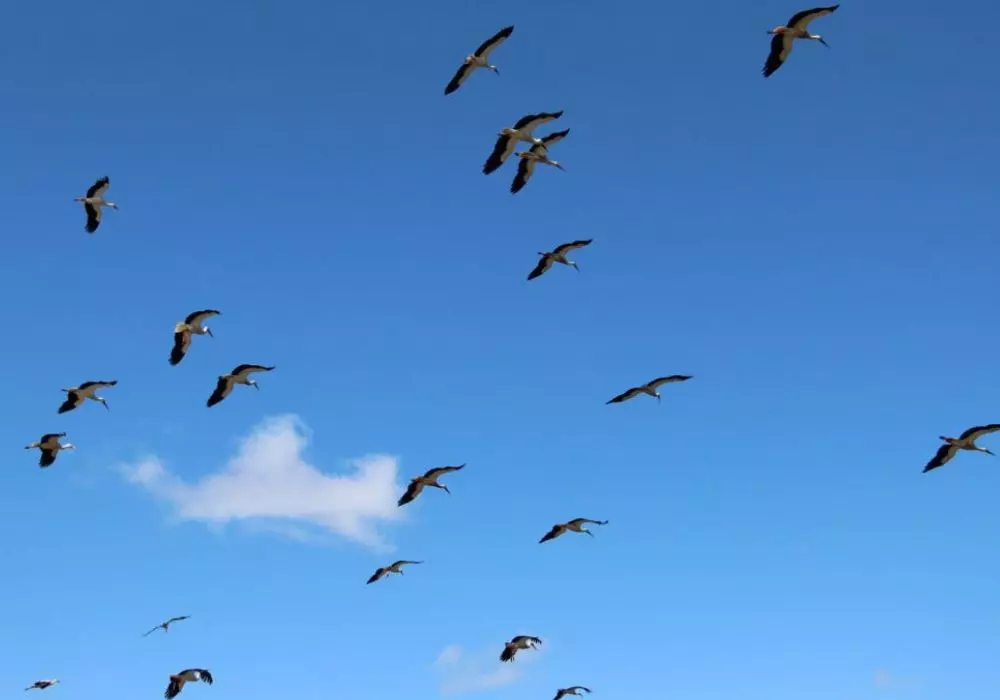

Birdwatchers play a crucial role in tracking migration patterns, which can be affected by climate change.
Many bird species are migrating earlier or later than usual due to changes in temperature and food availability.
By recording these changes, birdwatchers provide scientists with the data needed to understand how climate change is impacting bird populations.
This information can be used to develop conservation strategies and protect vulnerable species.
Habitat Preservation
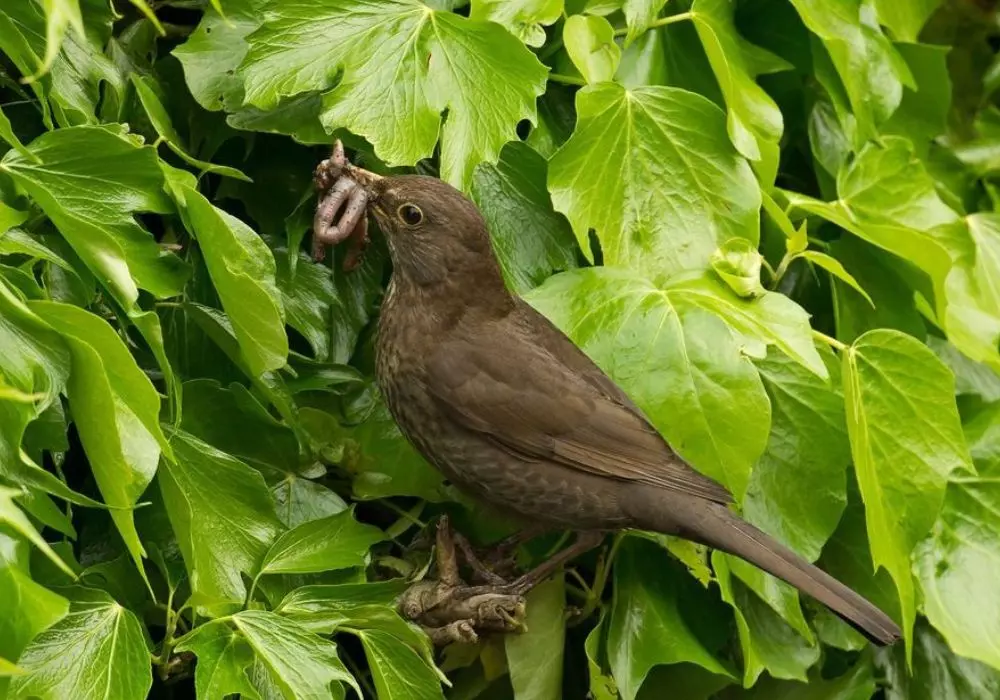

As climate change alters habitats, some bird species may struggle to survive.
Birdwatchers can help identify areas where habitat preservation is most needed.
By supporting conservation efforts, birdwatchers can help ensure that birds have the resources they need to thrive in a changing world.
This is another reason “Why Birdwatching Matters”—it plays a direct role in the preservation of habitats and the protection of biodiversity.
The Future of Birdwatching
The future of birdwatching is closely tied to the future of our planet.
As environmental challenges continue to grow, the role of birdwatchers will become increasingly important.
By fostering a connection to nature, supporting citizen science, raising conservation awareness, and contributing to the economy, birdwatchers are helping to protect the environment for future generations.
Embracing Technology
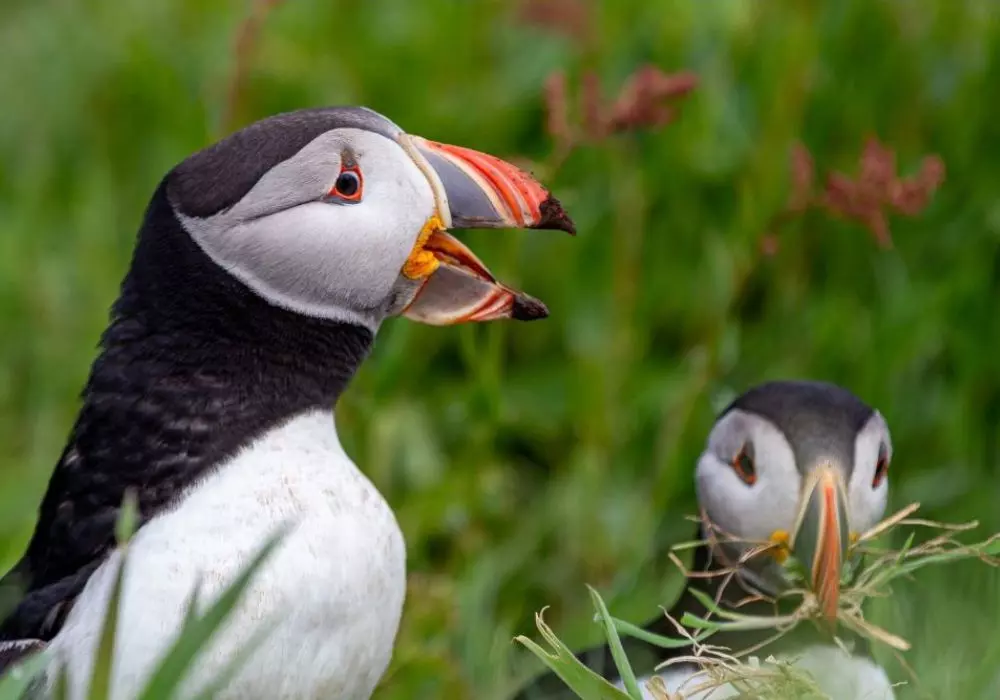

The rise of technology has made birdwatching more accessible than ever before.
Mobile apps, online databases, and social media platforms allow birdwatchers to share their observations with a global community.
This technological shift is making it easier for people to get involved in birdwatching and contribute to conservation efforts.
The use of technology in birdwatching is a testament to the adaptability of the hobby and its relevance in the modern world.
Encouraging Diversity
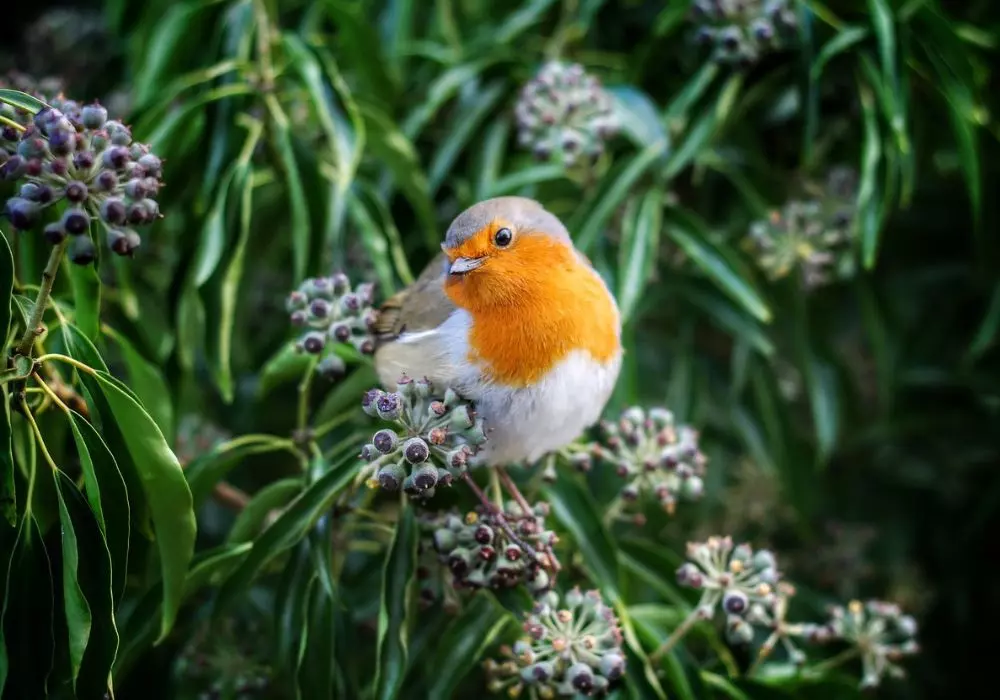

The birdwatching community is becoming more diverse, with people from all walks of life taking up the hobby.
This diversity is essential for the future of birdwatching, as it brings new perspectives and ideas to the conservation movement.
Encouraging people of all backgrounds to get involved in birdwatching can help build a more inclusive conservation community, ensuring that the protection of birds and their habitats is a priority for everyone.
The Economic Impact of Birdwatching on Local Communities
Birdwatching is not only beneficial for ecosystems but also for local economies.
Birdwatching tourism brings visitors to areas where birds are abundant, boosting local businesses, including hotels, restaurants, and guided tour services.
Communities that promote birdwatching can experience significant economic growth as bird enthusiasts from around the world come to witness local species.
This economic boost underscores “Why Birdwatching Matters” beyond environmental reasons, highlighting its socio-economic benefits as well.
Birdwatching as a Tool for Environmental Education and Conservation
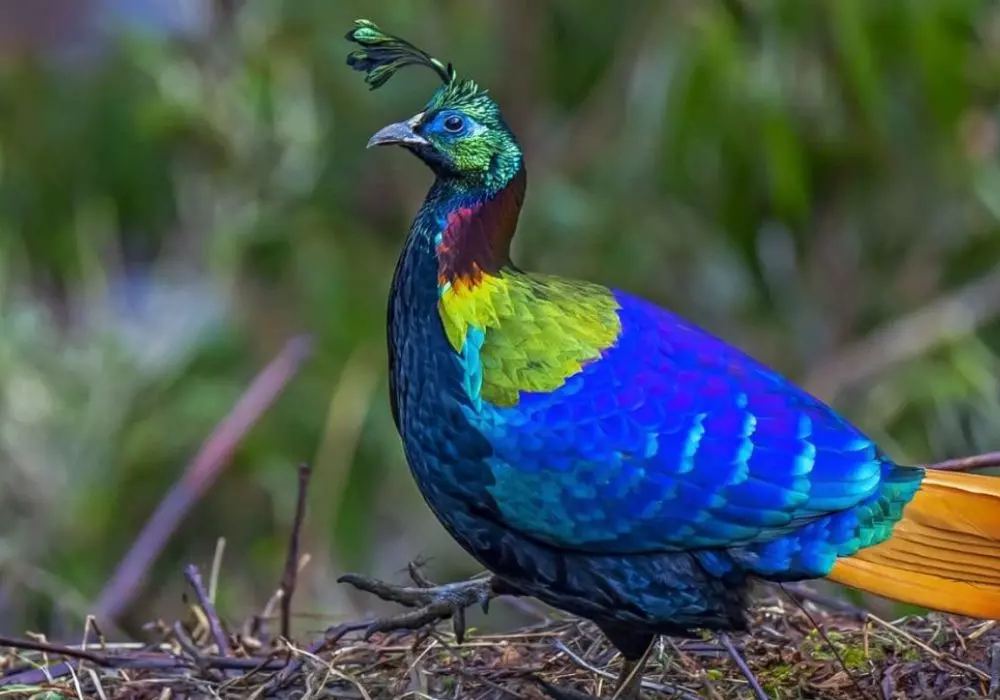

Birdwatching serves as an educational tool that fosters environmental awareness and conservation efforts.
By observing birds in their natural habitats, birdwatchers gain insights into the health of ecosystems and the impacts of human activity on wildlife.
This firsthand experience often inspires greater involvement in conservation initiatives, from habitat restoration projects to advocacy for bird-friendly policies.
This educational aspect of birdwatching is another reason “Why Birdwatching Matters” in the broader context of environmental stewardship.
Conclusion
In conclusion, birds play a vital role in local ecosystems, contributing to pollination, seed dispersal, pest control, and scavenging.
Birdwatching is not just a hobby; it is a crucial activity that supports conservation, raises awareness about environmental issues, and contributes to the economy.
By understanding “Why Birdwatching Matters,” we can appreciate the importance of protecting birds and their habitats.
As we face the challenges of climate change and habitat loss, the role of birdwatchers will be more important than ever.
Through their observations and advocacy, birdwatchers are helping to ensure a healthy planet for future generations.
